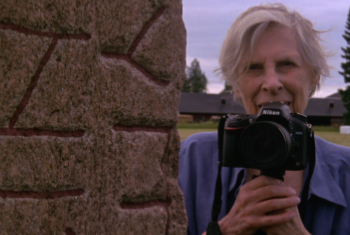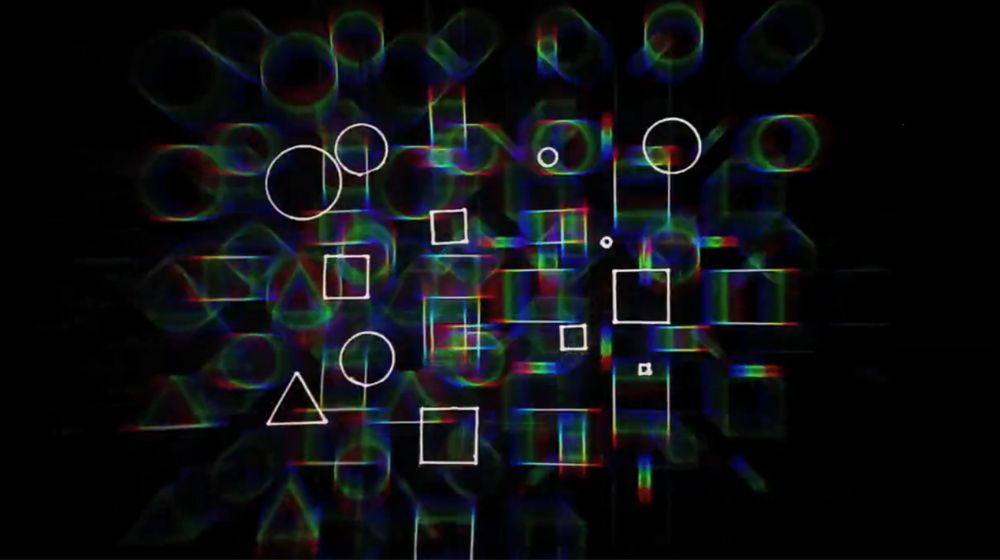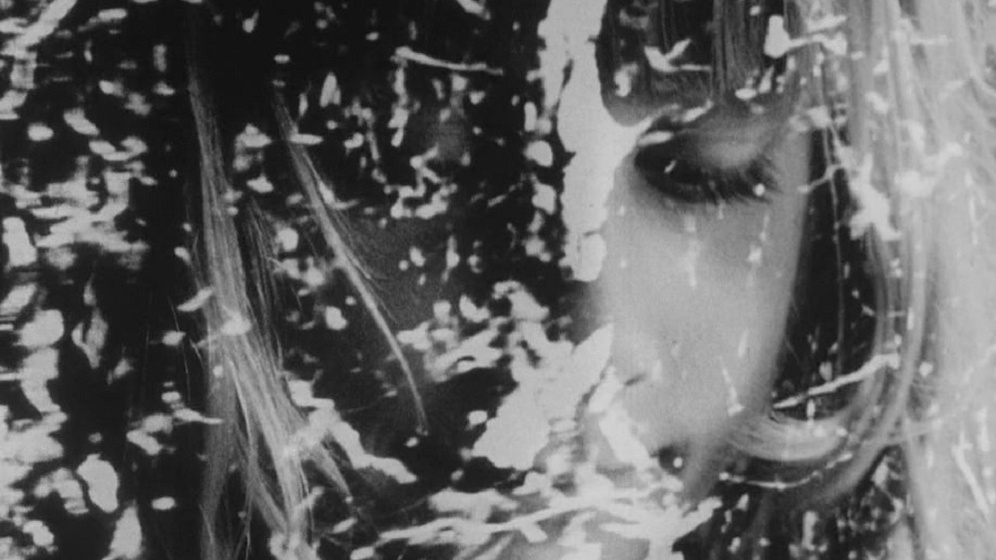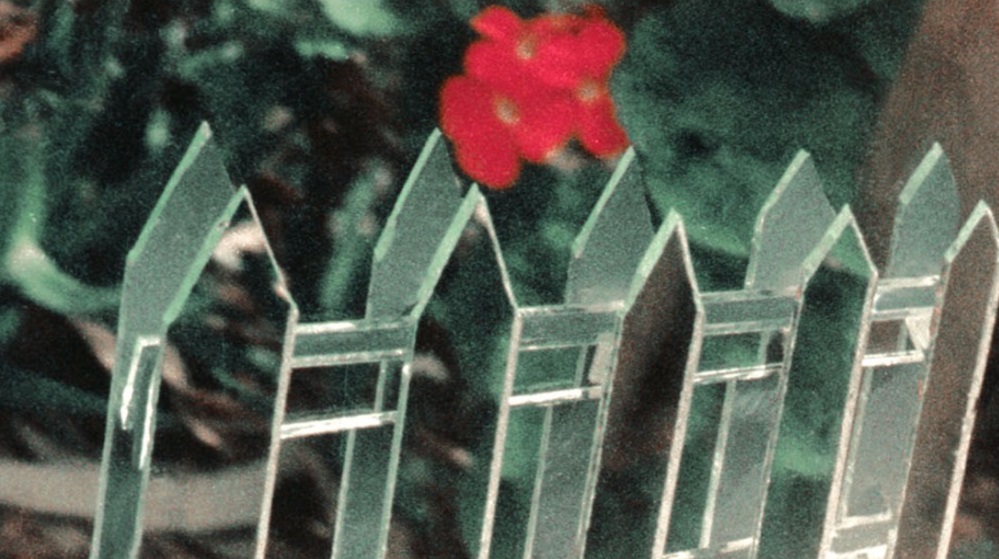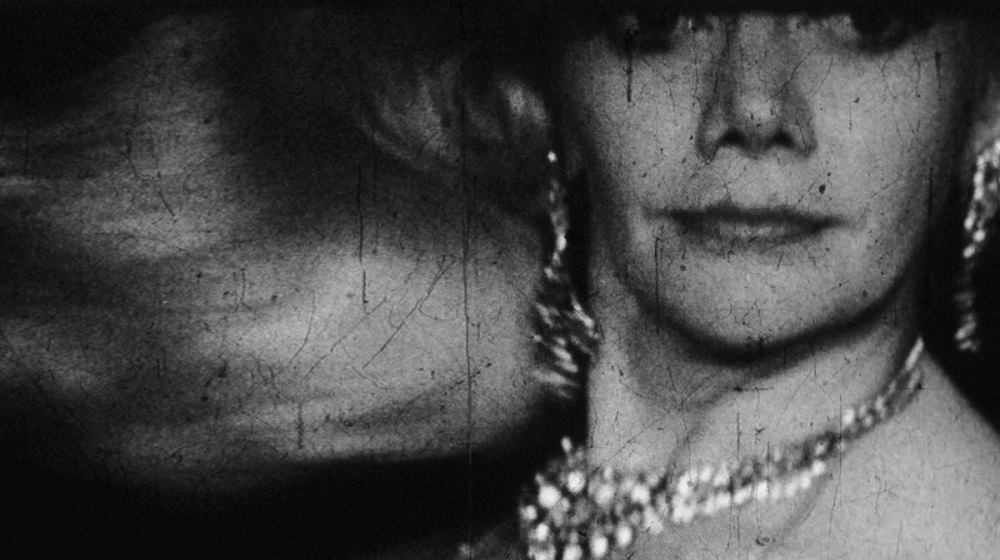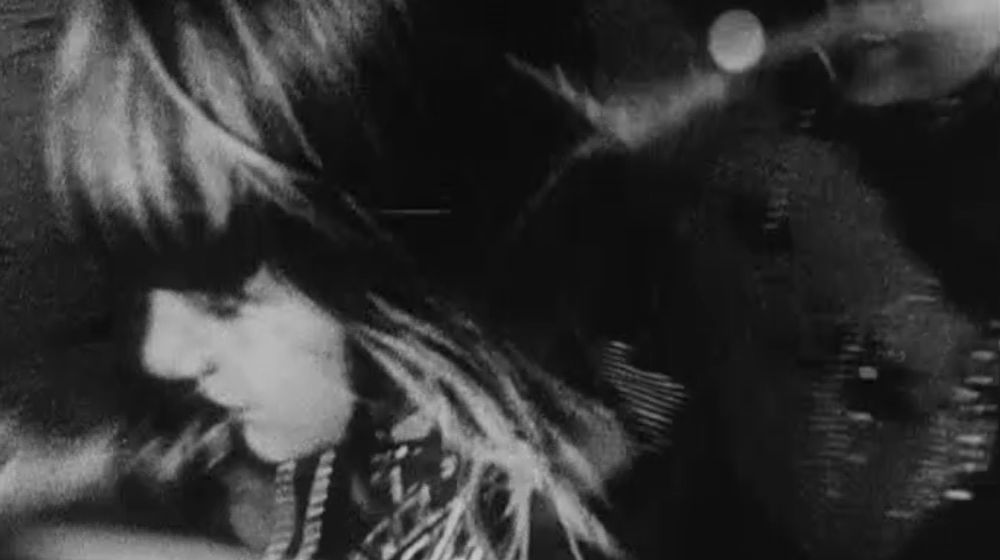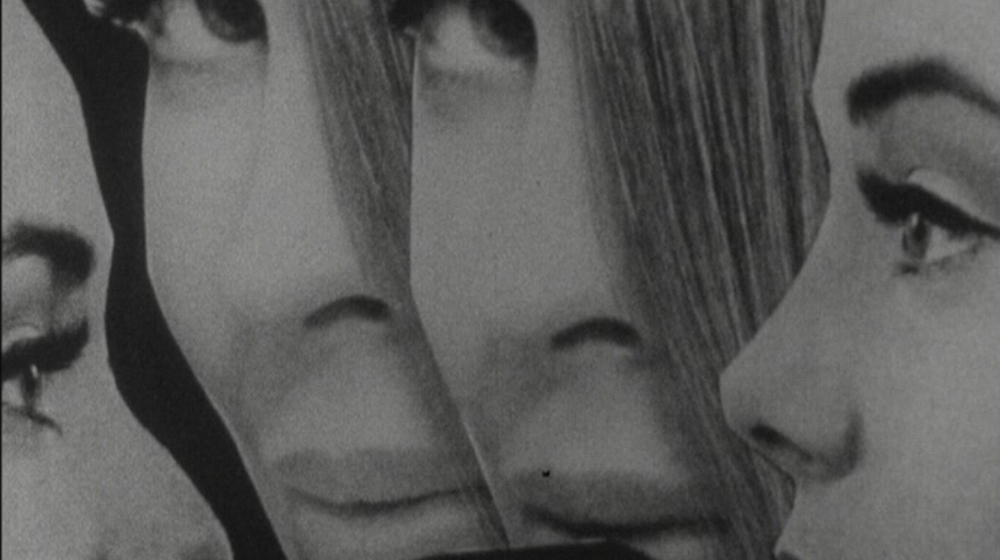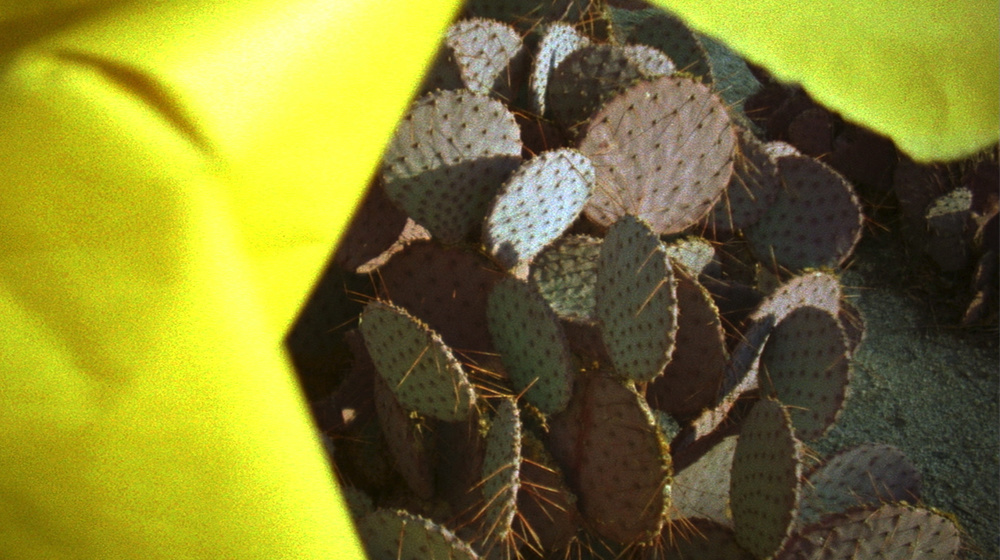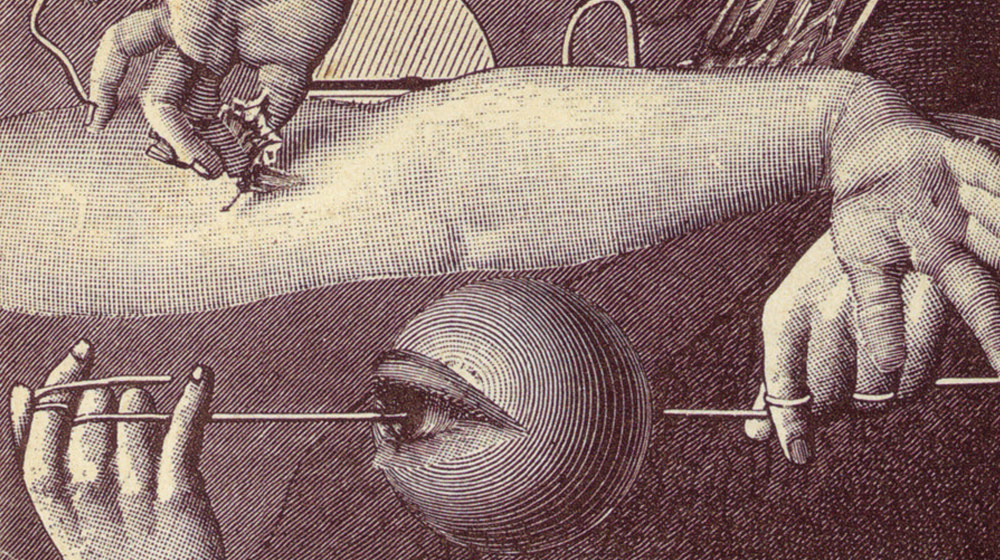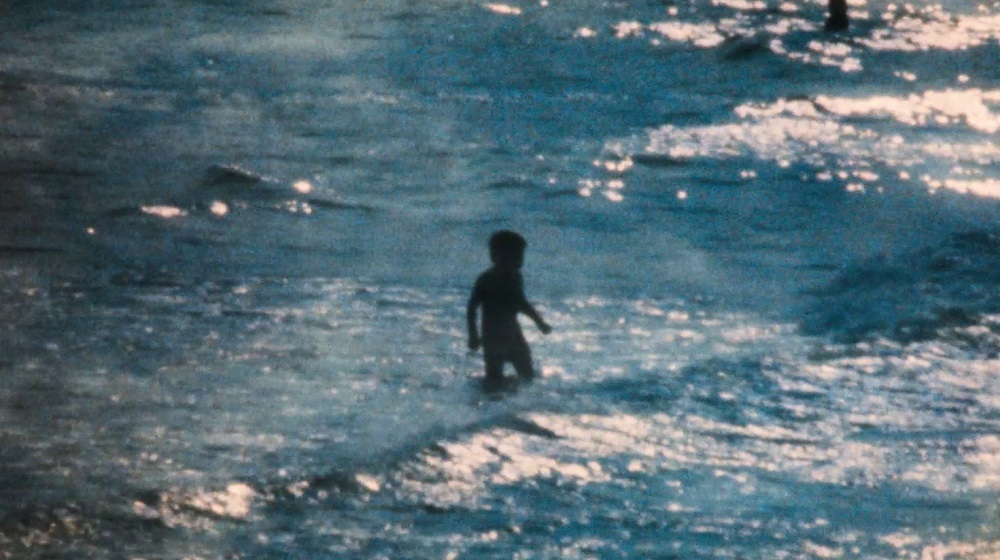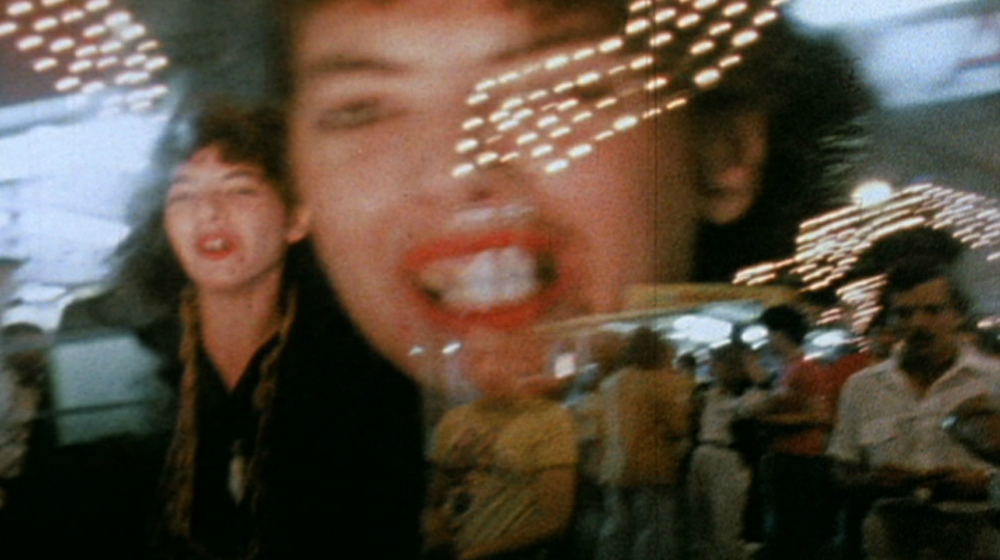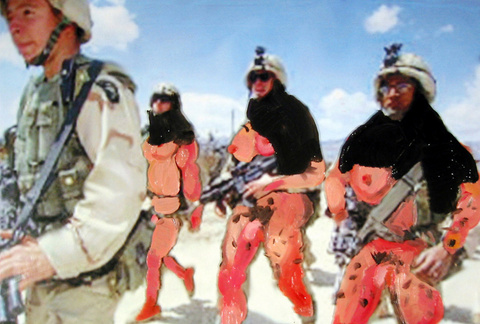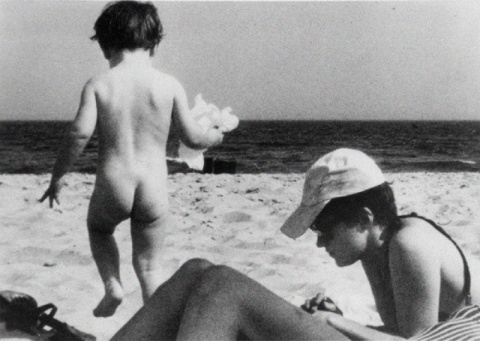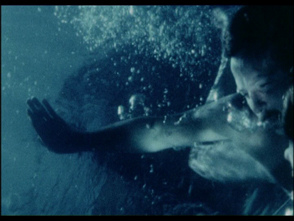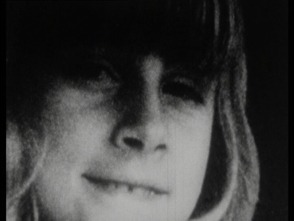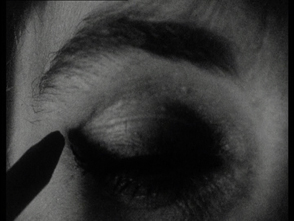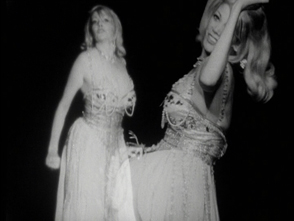Gunvor Nelson (1931-2025) moved from Sweden to California in the early 1950s. She graduated from San Francisco Art Institute in 1957, where she met her husband, Robert Nelson, one of the best-known exponents of avant-garde cinema on the West Coast. She made her filmmaking debut with Schmeerguntz (1966), a film she co-directed with Dorothy Wiley. This amusing, grotesque attack on the ideal of the American woman was the start of a film oeuvre that has comprised 20 films in 16 mm, six videos and several installations, as well as another series of artistic works.
As a result of films such as My Name Is Oona (1969), Take Off (1972), Red Shift (1984) and Natural Features (1990), Nelson became one of the most respected and complete filmmakers in the avant-garde filmmaking community, in which she was also an important eminence grise. She was a renowned lecturer at the San Francisco Art Institute Film Department from 1970 until 1992, and she also was a leading promoter and founder of the distributor and co-operative Canyon Cinema.
Trained as a painter, Nelson conceived film as a plastic medium, expressed through her fascination for pigment and the play of light and shade on the flat surfaces of her sensory, ambiguous and poetic images. Nelson often subjectively altered the material by means of overprints, collages, paintings, drawings, etc., in a way that is sometimes openly emotional and expressive, other times contemplative and calm. The effect of language and sound on the moving image heightens the dream aesthetic in her films.
Numerous retrospectives were devoted to her work in spaces such as San Francisco Cinematheque, Pacific Film Archive (Berkeley), Ontario Art Gallery, MoMA (New York), Arsenal (Berlin), the Finnish Film Archive (Helsinki), Moderna Museet (Stockholm) and the Oberhausen Film Festival. In 2006, Swedish Arts Grants awarded her its Grand Prize and in 2008 the organization granted her a lifetime fellowship.
